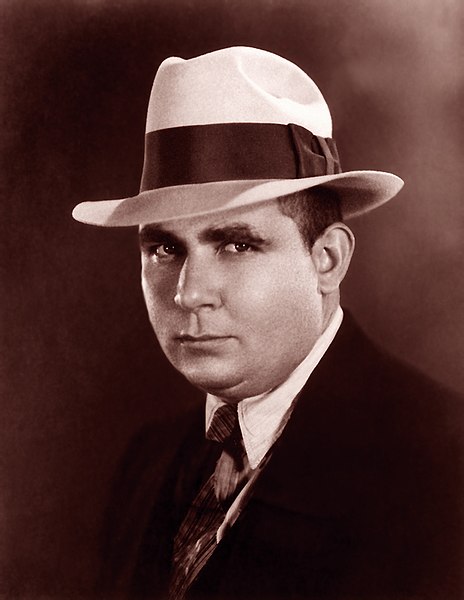 Critic John J. Miller has published a very informative interview with Robert E. Howard scholar Rusty Burke on National Review Online, which merits attention.
Critic John J. Miller has published a very informative interview with Robert E. Howard scholar Rusty Burke on National Review Online, which merits attention.
The excerpts below provide a good sense of why the underappreciated writer of the Conan the Barbarian stories deserves more consideration. Howard wrote for the pulps in a variety of genres, and modern-day readers are rediscovering his non-Conan writings and realizing that he was above all a master storyteller.
Particularly praiseworthy is Burke’s emphasis on the importance of story in narrative fiction, which reflects criticisms made in the prior century by G. K. Chesterton, C. S. Lewis, J. R. R. Tolkien, and other such luminaries:
He’s a great storyteller. I think that’s really the first obligation of any great writer—to tell a good story. Howard generally grabs the reader in the first paragraph and then keeps the story moving along so quickly that you just get swept up in it. He perfected a number of techniques to keep things moving, one of which was providing just enough descriptive information that the reader could fill in the details with his own imagination: I think this makes for greater reader involvement in the story, letting you feel like you’re actually seeing what’s there rather than just having it described to you. Of course, this greater level of reader involvement also leads to some furious disagreements when different readers propose different visual interpretations. But that emotional investment we make in Howard’s fiction is part of his success. Most observers agree, though, that one of the reasons Howard could get by with minimal descriptions was that he was a natural poet, and could use just a few words to set a scene quite evocatively.
Burke argues that Howard had an essentially conservative view of civilization as prone to cycles, not progress and perfectibility:
The idea that is most often mentioned is his notion that civilizations always inevitably rise and fall: a young, vigorous race or nation of “barbarians” fights its way to civilization, sometimes building on the ruins of a decayed society it displaces; inevitably, though, when the people become comfortable, when they are no longer working constantly to build their society, they become first complacent, then indolent, and finally decadent, from which point the society decays to the point that a new young race of barbarians can overthrow or displace it.
Howard also saw that violence was the inevitable result of breakdowns in “civilized” societies. In his view, humans are really just apes who learned how to build things: when our societies begin to break down, we revert to our innate savagery. I’ve just been re-reading Leo Grin’s essay “The Reign of Blood” and I think he’s right that Howard sees man’s primal emotion as hate, and so when confronted with forces we see as hostile we see them as “something not only to be battled but to be hated.” I think anyone who has looked at what happens on the frontiers between societies in conflict would have to agree that Howard’s views were pretty dead-on. Even when the initial contacts are not hostile, man’s tendency to turn hatred on perceived threats frequently serves to escalate into conflict and ultimately violence. At the end of the Turlogh O’Brien story “The Dark Man,” a priest asks “Almighty God, when will the reign of blood cease?” “Turlogh shook his head. ‘Not so long as the race lasts.’” It seems a bleak and pessimistic view, but on the basis of our history to date, it also seems a realistic one.
Burke also quashes the suggestion that Howard glorified violence in his narratives:
He did no such thing. There is no glory in Howardian violence. It’s a grim and bloody business, and when the fighting is over, generally his protagonists recognize the ultimate futility of it, that nothing is really won. The impermanence of man’s achievements in the face of an uncaring cosmos is a constant refrain throughout Howard’s work. But one of the things most critics notice is that Howard’s characters, even when they recognize the futility of the struggle, still refuse to give up. In a way, he’s the poet laureate of the Last Stand and the Doomed Cause.
I’m more of an optimist, and though I don’t believe in perfectibility of human beings or human societies, I must agree that there is a distinctive appeal in Howard’s work, and that it has much to do with the things Burke describes.

I’m glad to read what Miller says about the Conan movies. I thought the first one was a complete mess. Conan isn’t a Samurai. He does not meditate.
I actually liked the second flick better. Less pretentious, I thought. Closer to a Weird Tales story.
As far as I know, nobody agrees with me.
As for Arnold as Conan, I’d have bought it if they’d put him in a black wig. The one they put on James Earl Jones. In fact, I’ll bet that wig was originally intended for Arnold.